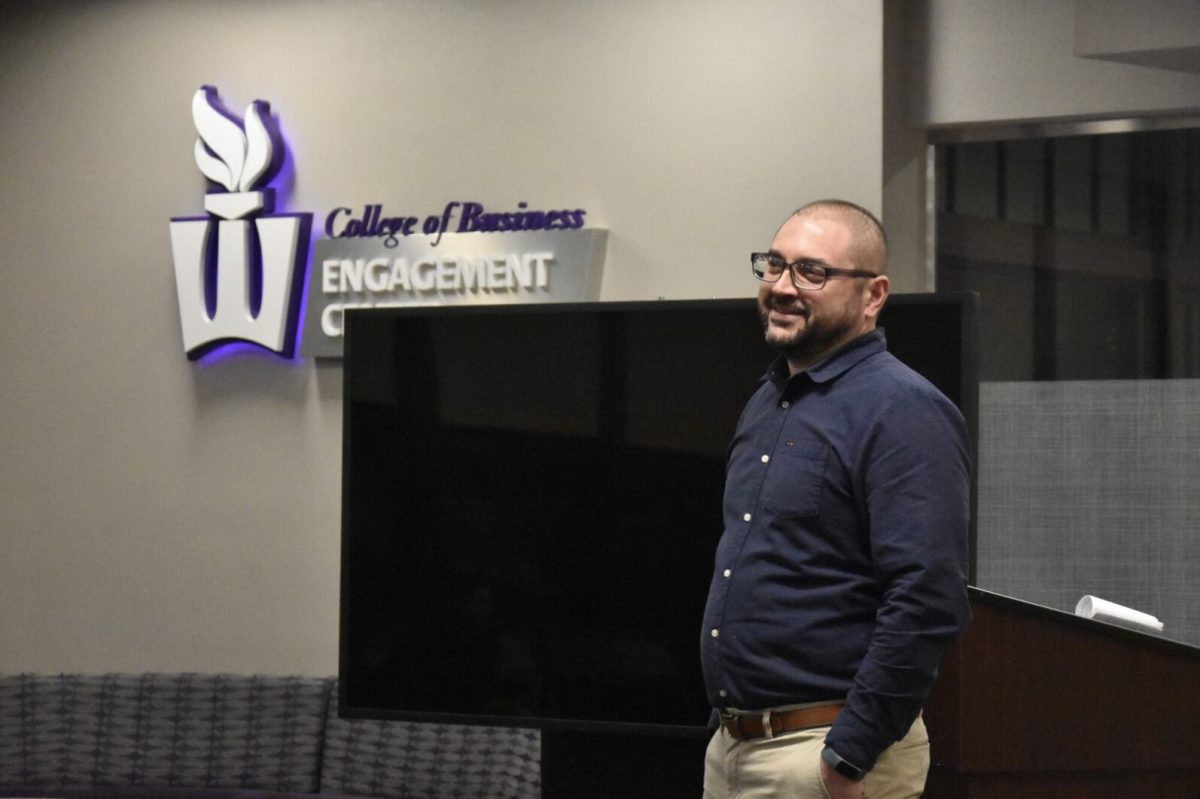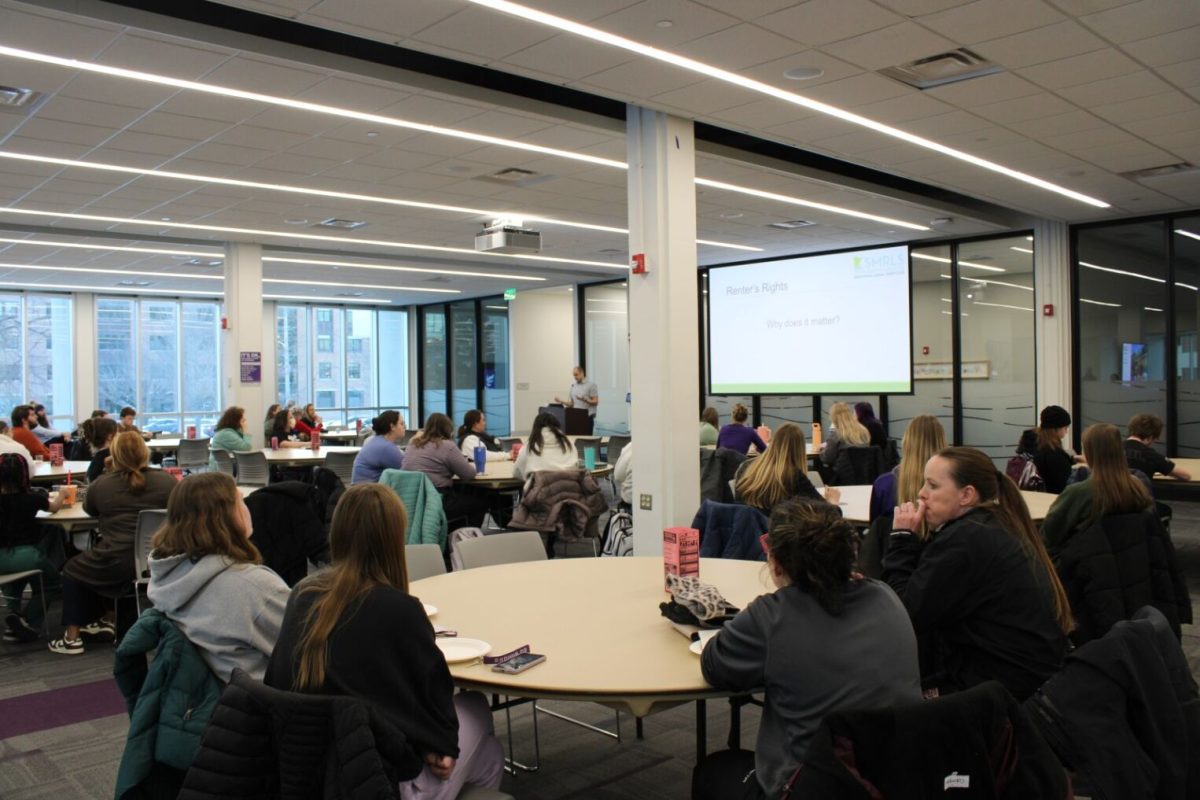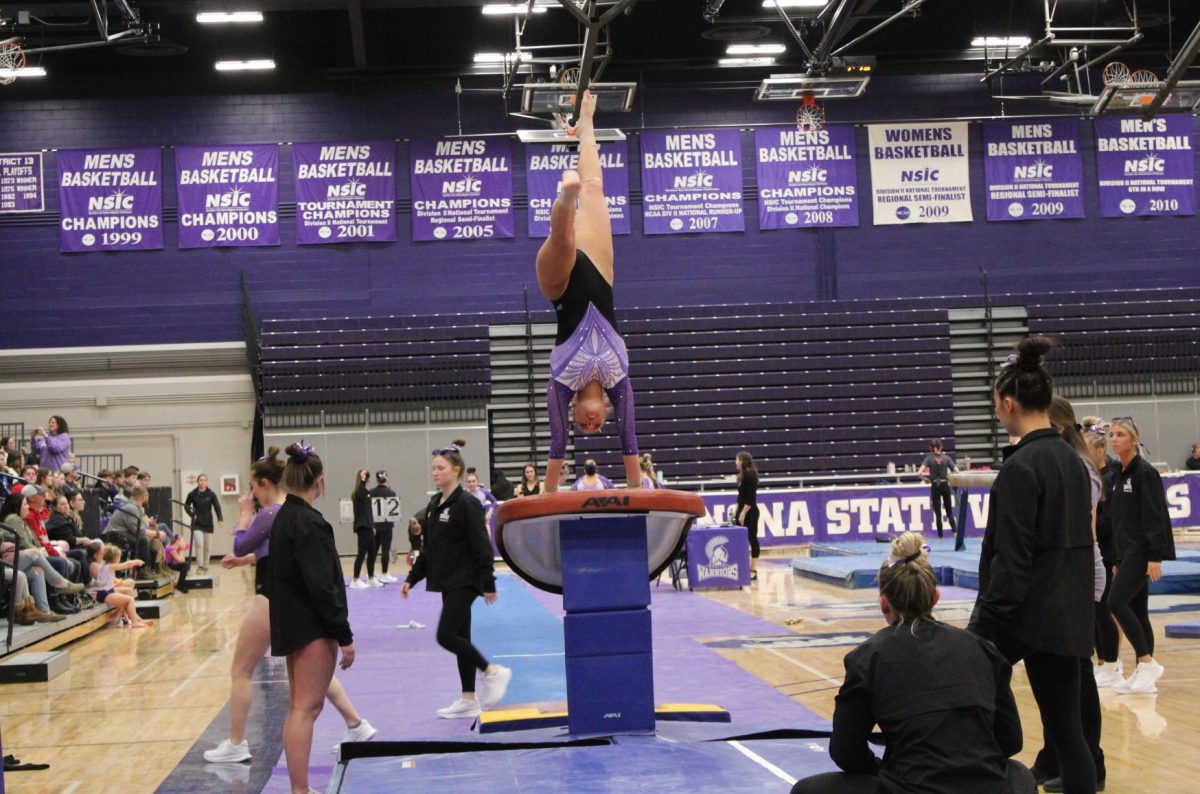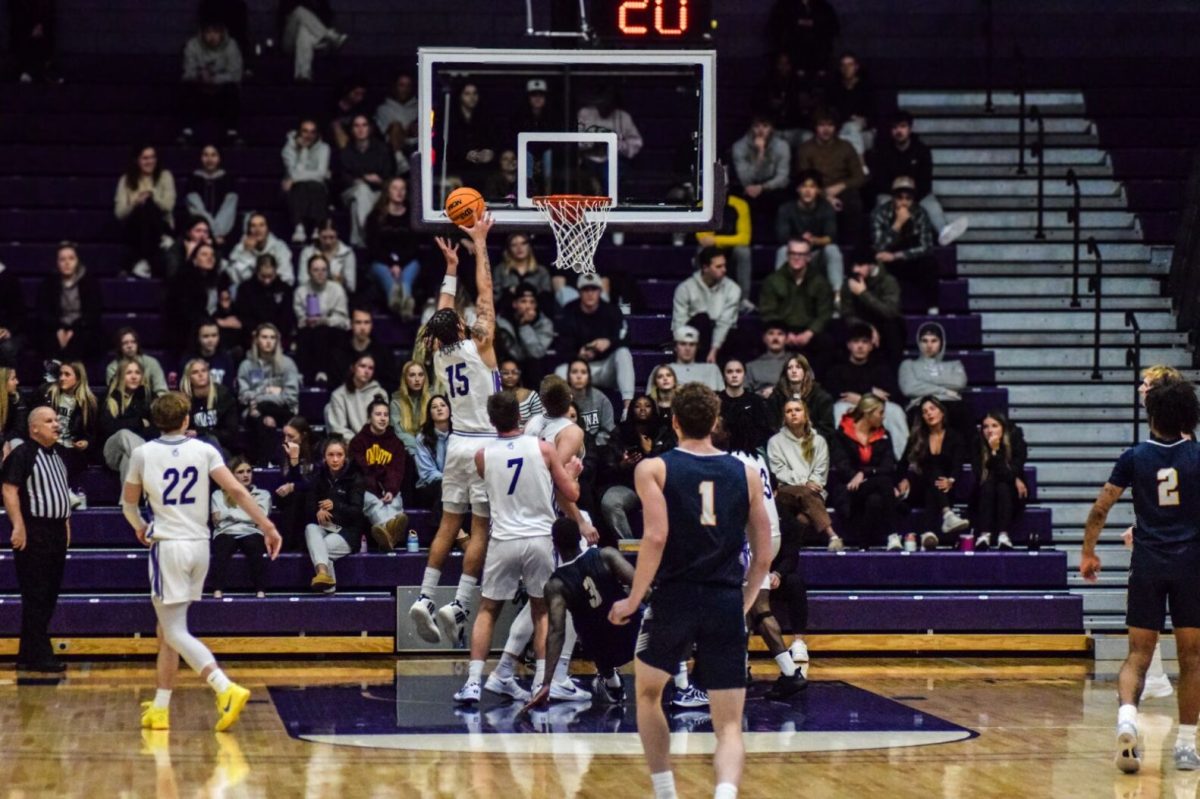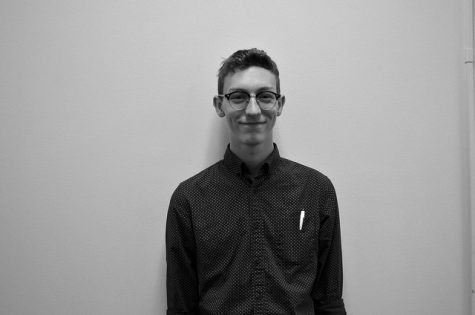Warrior Debate: Kneeling during national anthem

November 1, 2017
The societal issue of kneeling during the national anthem was the topic of the Warrior Debate on Oct. 23 in the Phelps Hall TV studio.
The main question being asked of the debaters was, “Is kneeling during the national anthem an effective form of protest?” The debate was facilitated by Kara Lindaman, a professor in the political science department.
The debaters on the affirmative side were Student Senator Elizabeth Casey, a sophomore majoring in political science and public administration, and Jack Smyth, a junior majoring in political science and public administration. Elijah Norris-Holliday, a senior majoring in political science and public administration, and Student Senator Benjamin Ellgen, a sophomore majoring in political science, public administration and history, were on the opposition.
The topic was decided by a panel represented by Nicole Herold, the administrative assistant to the vice president for enrollment management and student life.
All four of these debaters went into this debate not knowing which side they would need to defend. It was not until 10 minutes prior to the start of the debate that they were informed of being on the affirmative or the opposing side. This means that they needed to prepare strong arguments on both sides of the topic. Herold did say, however, that debaters decided on this idea.
Ellgen said, “not only is it fun to argue a viewpoint you don’t agree with, but by preparing counter arguments for both sides of an issue, you strengthen your own view.”
Casey agreed with Ellgen, stating that going into a debate without knowing what side you are arguing makes the experience better.
“Going into the debate blind was the best way to do it,” Casey said. “Researching both sides, including the side that I personally believed, made it easier to find counterarguments.”
The main factor of disagreement between the two sides was how they would define the word “effective.”
Norris-Holliday, of the opposing, cited the Merriam-Webster dictionary saying that if something is “effective,” then it is “producing a decided, decisive or desired effect.” Holliday argues that to be effective, it must have a tangible effect. In this case, it would have to create a Congressional conversation and policy change, which they say protests have not done.
The affirmative side defined “effective” as being two things. They claimed that it would have to gain popularity, as well as remain relevant over time.
According to Herold, they were “professional and passionate. Two things that are both very important in a debate.”
“[There were] 43 in attendance at the debate and 145 live-streaming it; the largest we’ve ever had,” Herold said. “What I think really drew people in was that they didn’t know which side the debaters would be on.”




